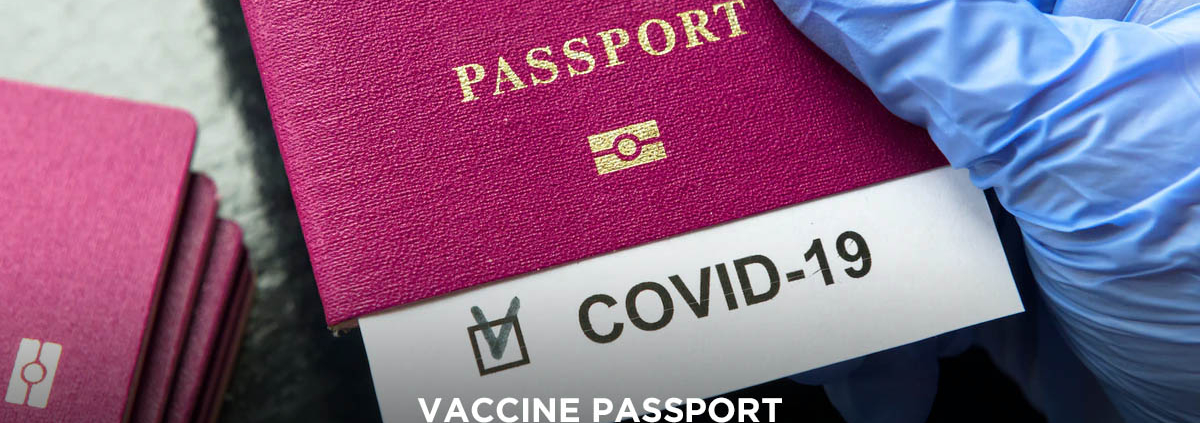With Covid-19 vaccinations accelerating, attention is now turning to tools for people to prove that they have been inoculated. With states like Israel becoming the first to roll out their own digital immunization record, and the UK suggesting its version of the same, many more countries are expected to follow suit.
The broader idea behind the vaccine passport is to allow families to reunite and economies to restart safely. It could give the millions of people who have received a shot a return to a degree of normalcy, without the threat of spreading the virus. For the tourism sector, this form of documentation is also seen as adequate proof to permit bearers to travel internationally. On the other hand, businesses see this as the trusted way to allow entry to vaccinated-only spaces, like gyms, concert venues, and restaurants.
Everyone’s goals seem to be aligning, albeit a bit imperfectly.
A challenging approach
For me, dividing the world between the vaccinated and the unvaccinated raises critical ethical questions.
While taking the COVID-19 immunization is the method of choice to put an end to the events of the last year, not everyone might want to take the cure or have ready access to it. What will individuals with prevalent health conditions or people in an age group that aren’t yet eligible for vaccination do, without the proof? By granting special rights for the inoculated, while tightening limits on the unimmunized, we will risk widening social gaps in communities.
Moreover, with some of the world’s poorest nations still lagging in inoculation efforts, due to a low number of doses, or lacking the infrastructure to vaccinate their citizens quickly, it would mean that such countries are disadvantaged further. And what happens to the billions in the middle, with the means to travel, and sometimes the need, but with no ability to get the shots?
The need of the hour
Nevertheless, there is no denying that to regain more freedom of movement, verifying whether someone is inoculated is the most straightforward approach.
For economies that are entirely dependent on tourism, a digital certificate is ideal for restarting a badly hit sector. If the publicized efficacy of the vaccine holds, we can finally sit around a table with family and distant friends, and share a good conversation. The elderly can once again play with their grandchildren, and students can eventually return to in-person learning.
Having to prove you’ve been vaccinated to participate in activities or enter certain regions is not a recent concept. For decades, people traveling to some countries have had to show inoculation records against diseases such as yellow fever, rubella, and cholera. Schools have long mandated that the children’s immunization be up to date.
Yet, the current situation is different, because of the sheer scale of impact. Then again, this is a new normal, one that necessitates a unique way of doing things. It is still a world in which COVID-19 remains a threat, for the foreseeable future.
Finding the middle ground
That’s why the debate on immunization proof isn’t just black or white. Instead, a strong, robust and intelligent solution is the need of the hour. For nations, this means creating a coordinated global policy on vaccination passports or certification and, while doing so, pooling efforts to establish a ‘middle ground’.
Perhaps this could be done by offering alternatives that accommodate people that can’t be vaccinated yet. While there is no one-size-fits-all, a holistic approach can be devised, which doesn’t let an entire section of the population fall through the cracks.
As things stand, to ensure the success of digital health passes, they must be scientifically well-grounded, and coupled with the least restrictive alternatives. Above all, the need to administer vaccine passports equitably is paramount, to ensure that each person has a fair chance to return to everyday life once again.



